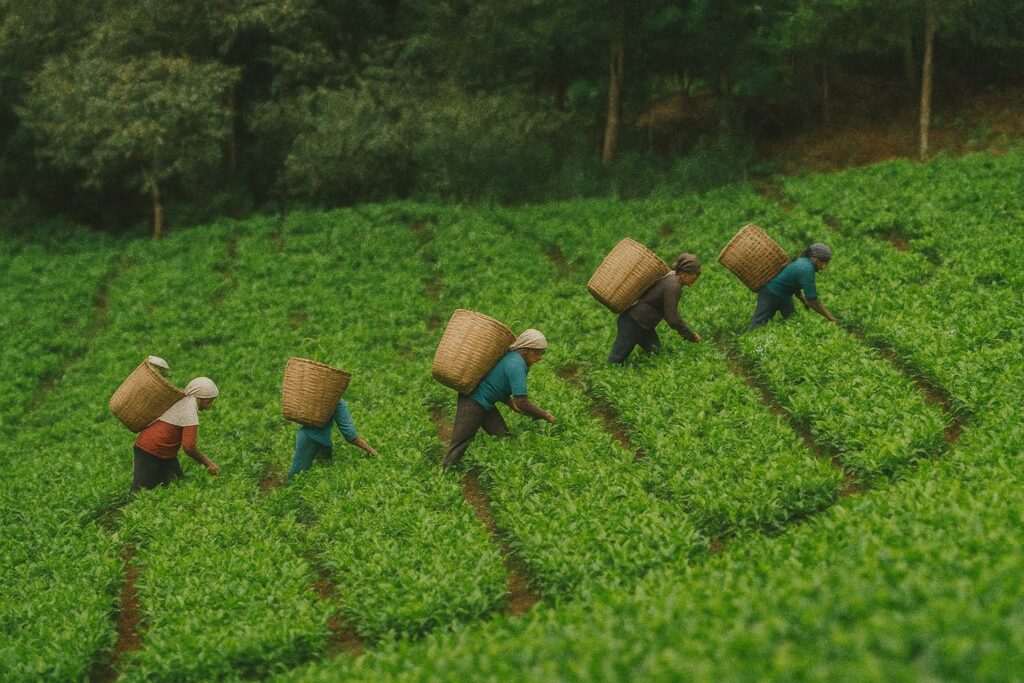A Disrupted Certification Process
In recent months, the Kenyan government has taken a decisive step by suspending all ongoing and upcoming audits by the Rainforest Alliance NGO on tea plantations. This decision comes amidst complex interactions between government policy, environmental oversight, and agricultural practices. The Rainforest Alliance certification, known globally for endorsing environmentally sound agriculture, plays a critical role in ensuring sustainable farming practices.
Market Repercussions
The absence of the coveted Rainforest Alliance label has begun to ripple through the international tea market. Buyers, increasingly aware of ethical and sustainability issues, may hesitate to engage with uncertified sources, thereby putting considerable pressure on the Kenyan Tea Development Agency (KTDA), the leading tea consortium in the nation. Tea buyers are acutely aware that certification not only implies sustainable practices but also aligns with consumer expectations in key markets like Europe and North America.
Stakeholder Concerns
Stakeholders, including big market players and local farmers, express apprehension over potential financial losses due to this suspension. The KTDA’s leadership has expressed concerns that the lack of certification might lead to decreased demand and lower prices, impacting the livelihoods of thousands of smallholder farmers reliant on tea exports. Furthermore, this scenario highlights the complexity of balancing domestic policy priorities with global market expectations.
In a recent statement, John Mutunga, a prominent figure in Kenya’s agricultural sector, emphasized the need for rapid reinstatement of certification processes. ‘To remain competitive, we must overcome these bureaucratic hurdles and ensure our tea reaches global consumers with the trust and quality they expect,’ he indicated.
The Path Forward
Solutions for reinstating the Rainforest Alliance certifications are being actively explored. Collaborative discussions between the Kenyan government, tea industry leaders, and international bodies are crucial. A resolution would likely involve negotiating terms that satisfy both Kenya’s agricultural standards and the rigorous requirements of international certification bodies.
As Kenya navigates this challenge, the situation underscores the importance of certification in global agriculture, not only as a mark of quality but as a critical component of market legitimacy. The next steps are crucial in determining not just Kenya’s role in the global tea market, but the broader implications for sustainable agriculture worldwide.

